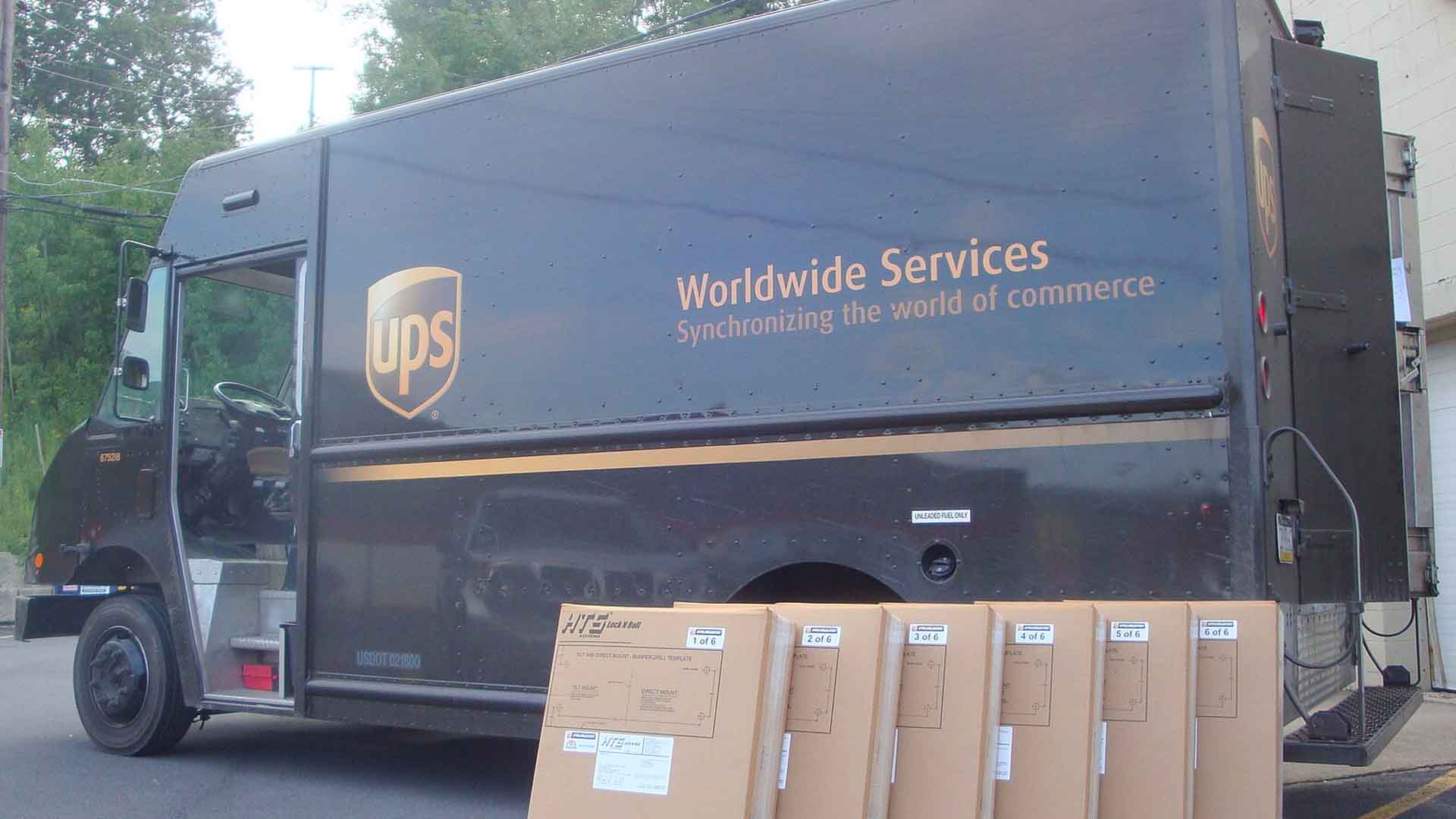The job market is facing a tidal wave of changes as companies across the globe announce sweeping layoffs. This isn’t just about numbers — it’s about people, innovation, and the shifting dynamics of global industries.
From tech giants to fashion icons, businesses are reevaluating their strategies and workforces to navigate through economic uncertainties. In this article, we explore the major companies that are scaling back in 2024, examining why these decisions were made, and what this means for the future of work.
The Digital Downsize

The tech industry is experiencing a notable contraction as major players like Google and Microsoft announce job cuts. Google is trimming its workforce, particularly within its central engineering and hardware teams, affecting projects like its voice-activated assistant (via The Verge).
Meanwhile, Microsoft is reducing staff across its gaming divisions, including Activision, Xbox, and ZeniMax, signaling a strategic realignment. These layoffs reflect the sector’s drive toward efficiency and a reevaluation of priorities amid a challenging economic landscape.
Streamlining for the Future

Social media and communication platforms are not spared from the current employment squeeze. Discord is cutting 170 jobs, aiming to streamline operations after a period of rapid growth. Twitch, another major player in livestreaming, is reducing its workforce by 500, a move that speaks volumes about the challenges of maintaining a large operational base in today’s economic environment.
Adding to CNBC, Snap Inc. is trimming its global workforce by 10%, reflecting a strategic pivot toward sustainability and efficiency in the fast-paced social media realm.
Tightening the Belt

The banking and financial sectors are bracing for change, with Citibank and BlackRock announcing significant layoffs (via Reuters). Citi is slashing 20,000 jobs as part of a comprehensive corporate overhaul, while BlackRock plans to cut 3% of its workforce.
These moves underscore the industry’s response to market pressures, including high interest rates and fluctuating economic conditions, as these financial institutions seek to streamline operations and enhance profitability.
Changing Rooms in Retail

The retail and fashion sectors are also facing headwinds, leading to job cuts at companies like Nike and Rent the Runway. Nike’s restructuring plan involves severances that could reach up to $2 billion, reflecting cautious consumer behavior worldwide.
Rent the Runway, facing profitability challenges, is reducing 10% of its corporate jobs. These changes highlight the industry’s efforts to adapt to a shifting retail landscape and changing consumer preferences.
A New Level of Challenges

As mentioned, the gaming and entertainment sectors are navigating through their own set of challenges, with Unity Software and Electronic Arts (among plenty of other studios) reducing their workforces.
Unity is cutting 25% of its staff, a move reflecting the volatile nature of the gaming industry. Electronic Arts, meanwhile, is adjusting its strategy, leading to workforce reductions as it moves away from certain projects.
Rerouting for Efficiency

The logistics and transportation industry is feeling the pressure, with UPS announcing a significant reduction of 12,000 jobs. This decision reflects the company’s efforts to adapt to changing global trade dynamics and a shift toward more streamlined operations.
The move is indicative of broader trends in the sector, as companies seek to navigate economic uncertainties and evolving market demands.
American Airlines Takes Off with Changes

In the air travel sector, American Airlines is implementing changes, planning to lay off 656 employees as part of a consolidation effort. This decision impacts customer support departments as the airline aims to streamline its operations.
The layoffs are a response to the evolving landscape of the travel industry, emphasizing the need for efficiency and adaptability in today’s competitive environment.
Editing the Future

The media and publishing world is not immune to cutbacks, with Business Insider and Paramount Global reducing their teams. Business Insider is trimming its workforce by 8%, while Paramount Global is laying off 800 employees.
These moves reflect the ongoing shifts in media consumption and distribution, as companies aim to adapt to digital trends and a changing audience.
Banking on Changes

Deutsche Bank is undergoing significant changes, cutting 3,500 back-office jobs as part of a cost-saving initiative.
This strategic move is aimed at enhancing operational efficiency and reducing expenses by billions.
Fashion Forward Cutbacks

Levi Strauss & Co. is cutting up to 15% of its global corporate workforce, a decision influenced by recent market volatility.
This move is part of the company’s productivity initiative under new leadership, reflecting the fashion industry’s need for agility and cost management in response to fluctuating consumer trends and economic conditions.
The Changing Face of Industries

As we’ve explored, companies across various sectors are making difficult decisions to lay off part of their workforce. These moves are reflective of broader economic challenges and the need for businesses to stay resilient and adaptable.
While these changes can be unsettling, they also open doors to new opportunities and innovations, potentially leading to stronger, more efficient industries in the future.
